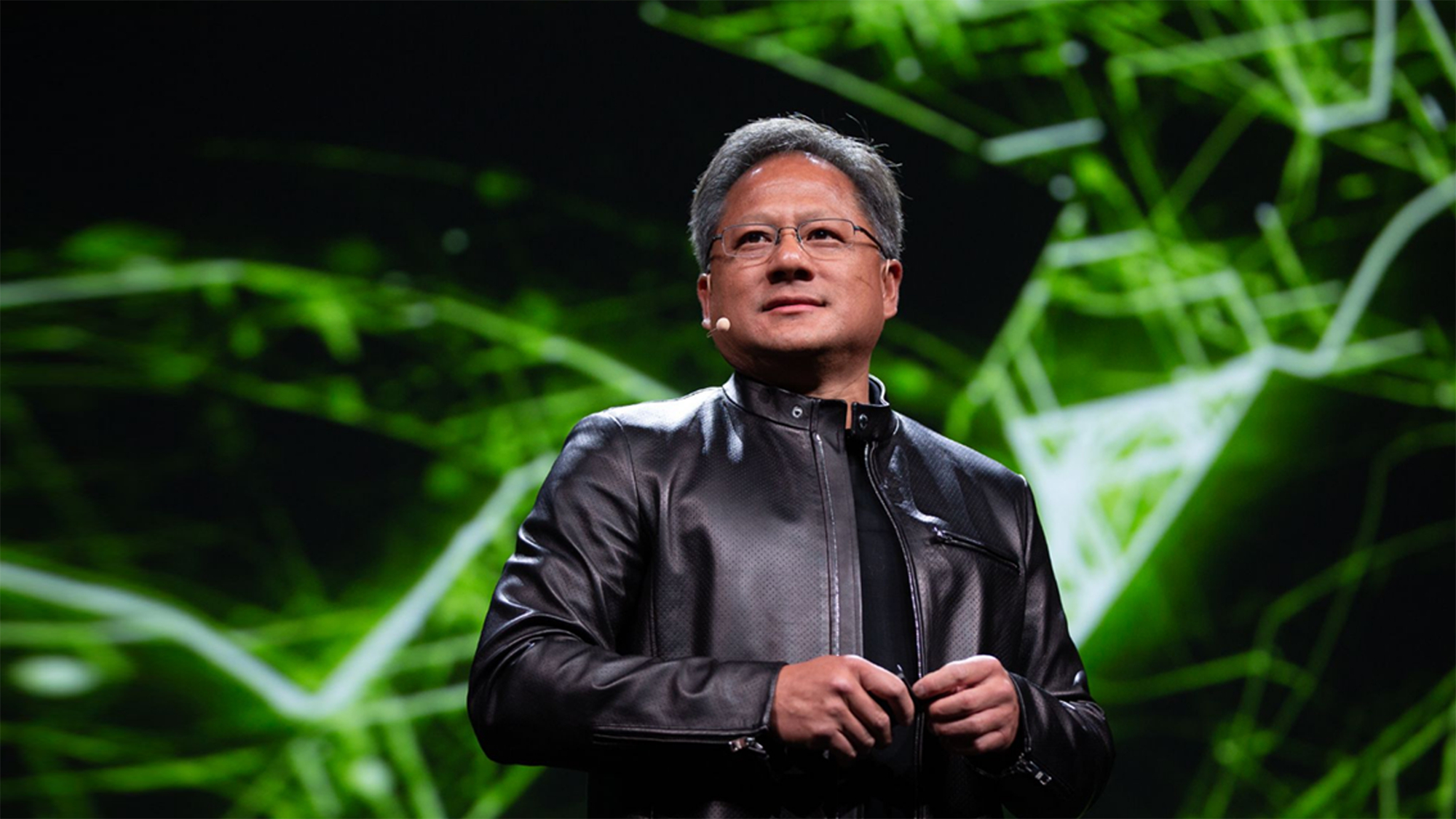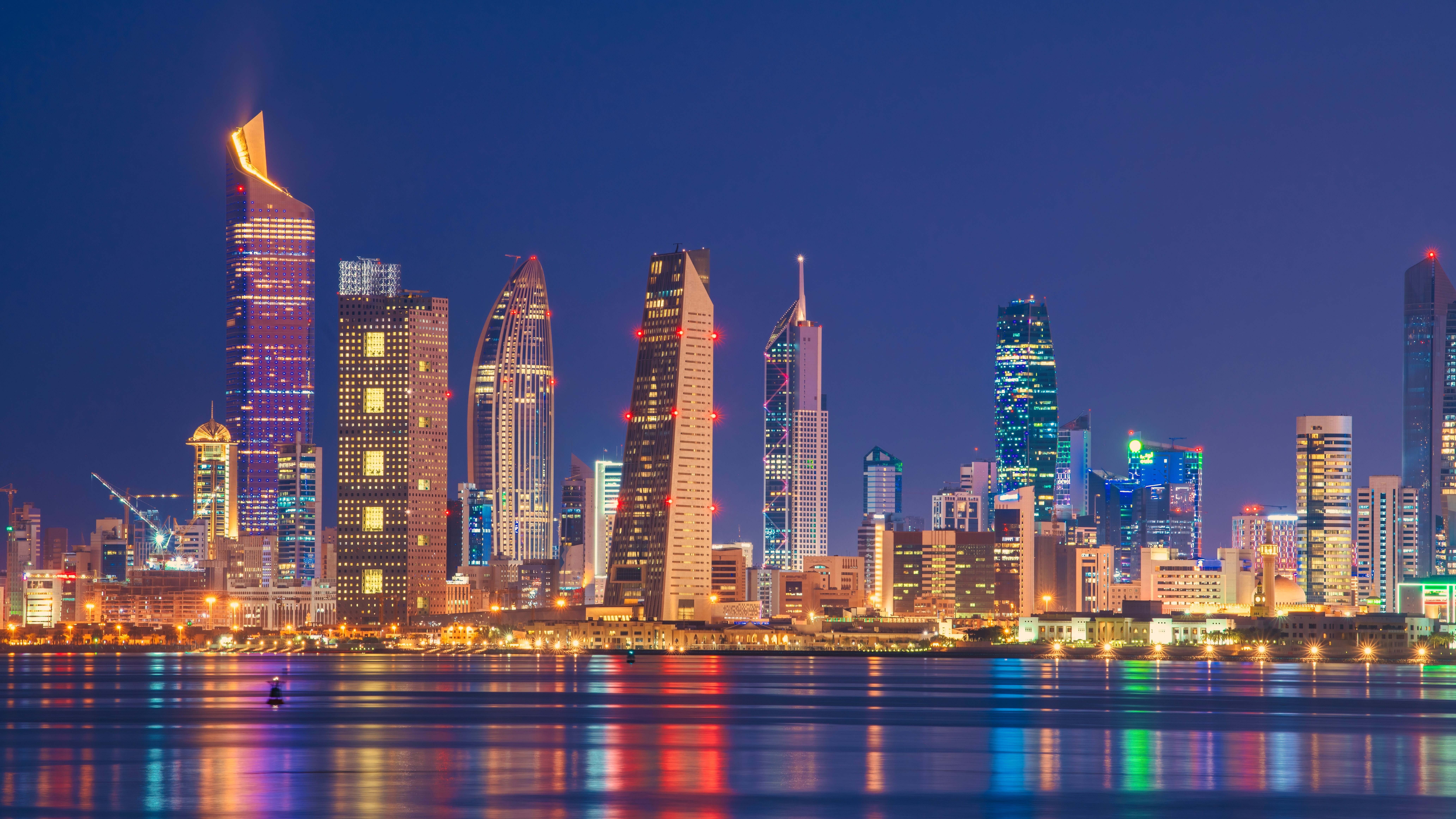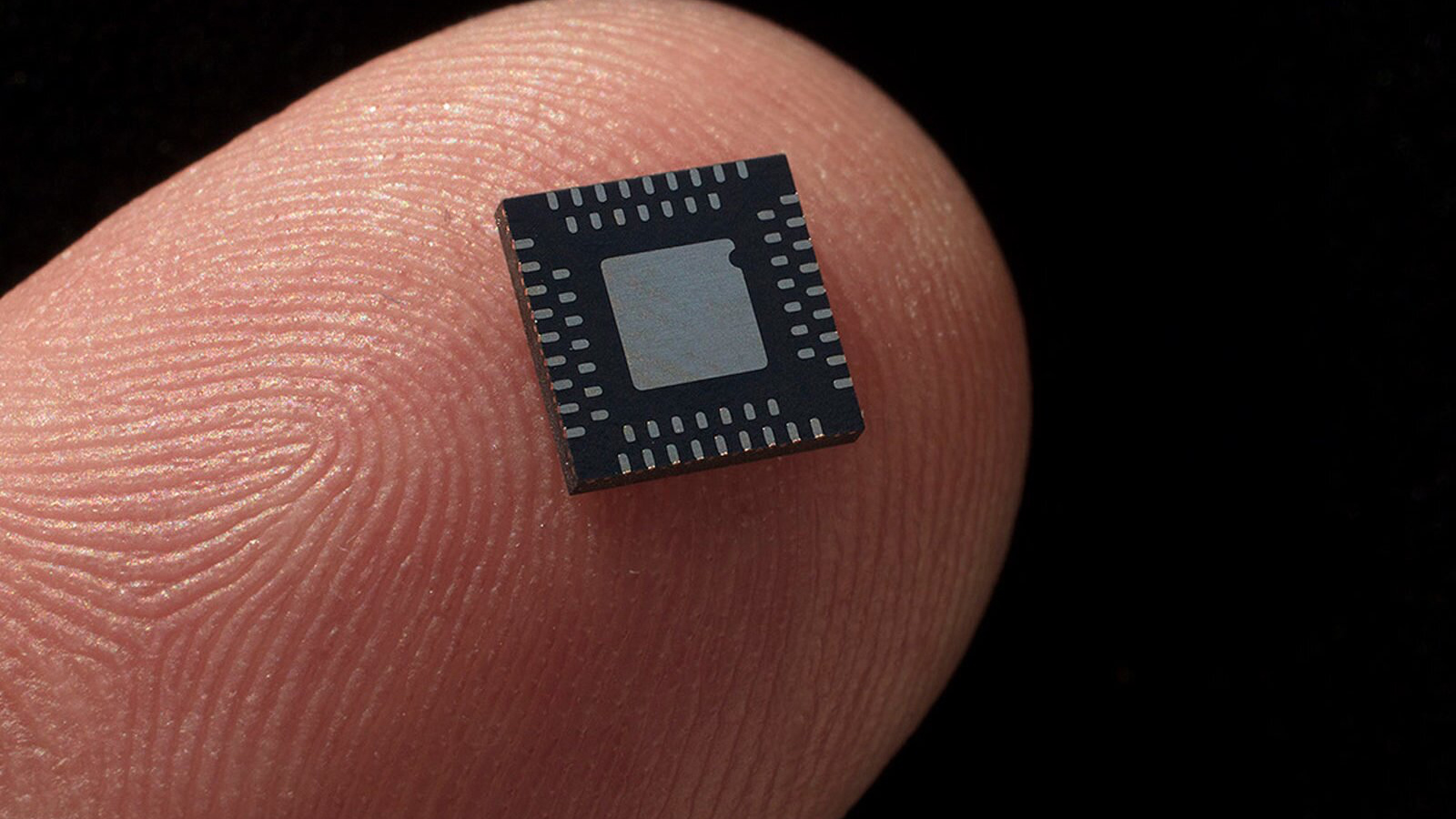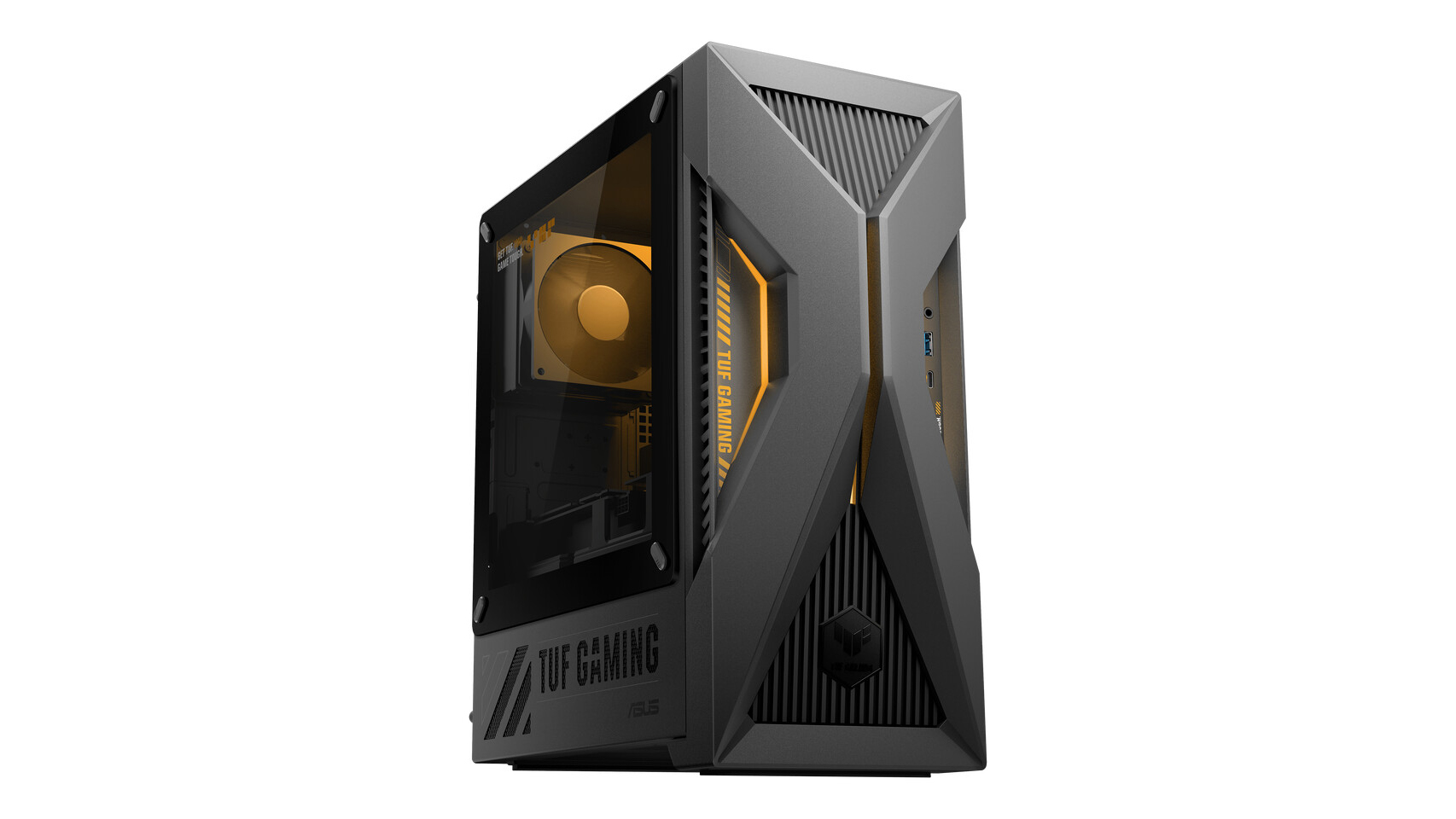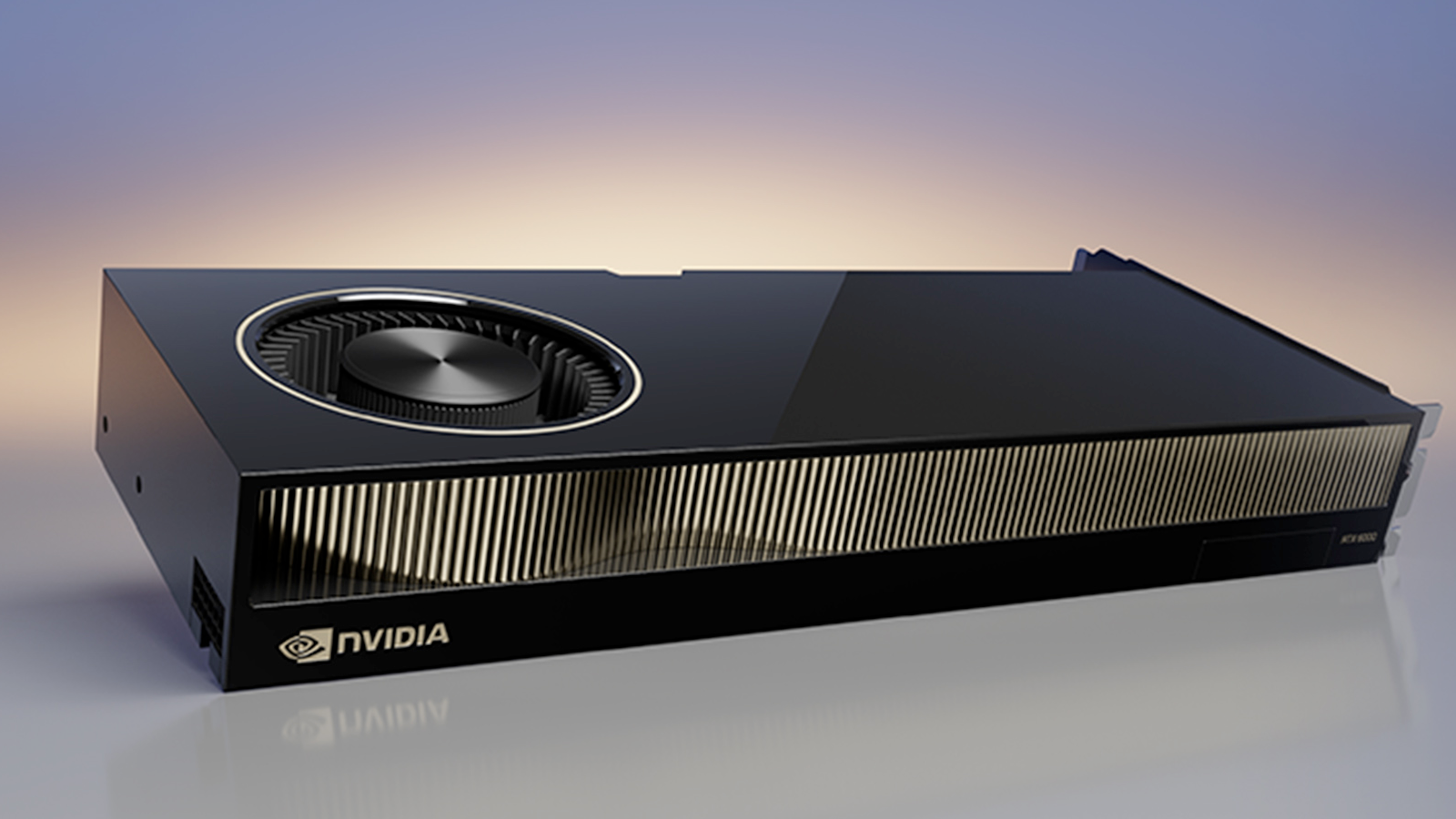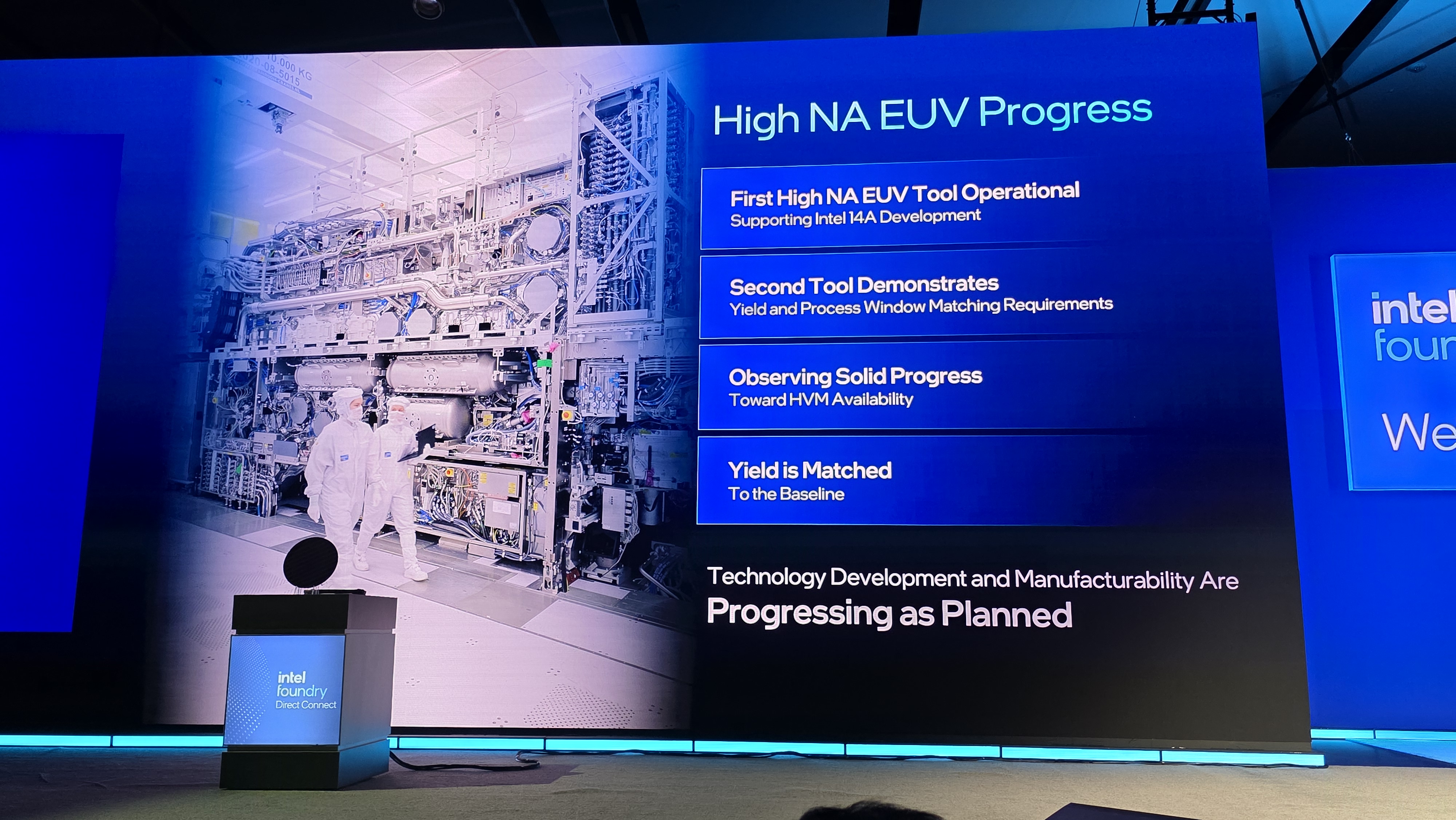Taiwan's government strengthens 'silicon shield,' restricts exports of TSMC's most advanced process technologies
Plus, tighter control of Taiwanese companies investing in overseas assets.
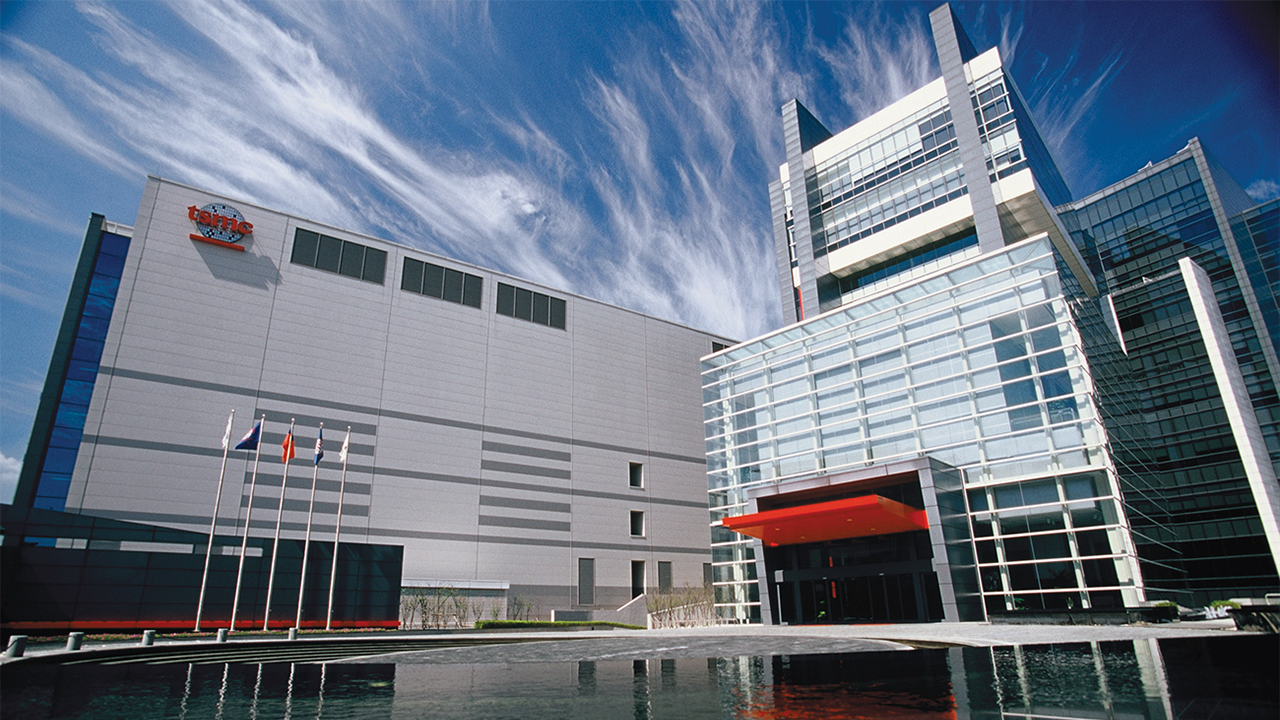
Taiwan plans to tighten control over exports of advanced process technologies as well as outbound semiconductor investments, reports Economic Daily. The new legal measures will enforce the 'N-1' technology restriction, essentially barring TSMC from exporting its latest production nodes, and introduce penalties for violations— but there's a major catch for TSMC.
The 'N-1' policy, confirmed by Premier Cho Jung-tai, will apply to TSMC's planned production in the United States. This approach restricts export of the most advanced process technology, allowing only one generation older to be deployed abroad.
Before this amendment, Taiwan's regulations did not explicitly require such controls for semiconductor manufacturing processes. These rules are based on Article 22 of the amended Industrial Innovation Act, which is expected to take effect by the end of 2025.
There is a major catch about TSMC's most advanced process technology, though. Today, TSMC has one leading-edge node: N3P manufacturing technology. But by the end of the year, it will start producing chips on its N2 fabrication process, which will become its flagship.
Starting from late 2026 and onwards, however, TSMC expects to have two flagship nodes: N2P for client applications that do not need advanced power delivery and A16 with Super Power Rail backside power delivery for HPC applications that consume a lot of power.
It remains to be seen which process technology will be considered as 'flagship' by Taiwanese authorities, and therefore export restricted, or if the government will ban exports of both nodes for a year when TSMC introduces successors for N2P and A16, its A14 and A16P nodes.
In addition, the amended law, passed after its third reading in the Taiwan parliament, gives Taiwan's authorities the right to reject or cancel overseas investments if they are found to compromise national security, damage the country's economic development, violate treaty obligations, or result in unresolved major labor disputes.
Under the new law, these six conditions are retained, but are now backed by higher-level legislation. The revised Article 22 also includes the possibility of partially or fully rejecting investments or attaching conditions to approval. If a company receives approval but later triggers any of these risks, the central authorities are authorized to demand corrective action or revoke the investment entirely if the issue is serious. The new law elevates existing investment restrictions from sub-regulations to formal legislation and adds legal consequences for non-compliance.
The Ministry of Economic Affairs stated that the law's implementation date will be announced only after the sub-regulations are revised, within six months. This means the earliest enforcement could begin by late 2025. The regulation's rollout comes amid rising geopolitical risks and after TSMC announced plans to increase its investments in its American production capacity from $65 billion over four years to $165 billion over an undisclosed period.
The amendment also introduces penalties that were not present before. Companies that invest abroad without prior approval may face fines ranging from NT$50,000 to NT$1 million ($30,830). If an investment is approved but the company later fails to correct identified violations — such as endangering national security or harming economic development—the authorities can impose repeated fines of NT$500,000 ($15,414) to NT$10 million ($308,286). But given that TSMC plans to invest $165 billion in its U.S. facilities, a $300,000 fine will hardly affect the company's bottom line.
Follow Tom's Hardware on Google News to get our up-to-date news, analysis, and reviews in your feeds. Make sure to click the Follow button.
Stay On the Cutting Edge: Get the Tom's Hardware Newsletter
Get Tom's Hardware's best news and in-depth reviews, straight to your inbox.

Anton Shilov is a contributing writer at Tom’s Hardware. Over the past couple of decades, he has covered everything from CPUs and GPUs to supercomputers and from modern process technologies and latest fab tools to high-tech industry trends.
-
Constellar I only wish we could emigrate all the employees of TSMC to Phoenix, grant them citizenship, followed by shipping the factory equipment here. That way, TSMC becomes an American company, and the natives can't complain, as the employees would also be citizens.Reply -
hotaru251 ReplyThis approach restricts export of the most advanced process technology, allowing only one generation older to be deployed abroad.
I am pretty sure Taiwan already didn't let their newest node be used outside taiwan? Or does this just mean only the nation of Taiwan to use it (the produced chips on said node) at all? (which i think is different?)
https://www.tomshardware.com/tech-industry/tsmc-cannot-produce-2nm-chips-overseas-until-domestic-output-becomes-more-advanced-confirms-taiwanese-govt-official back in nov.
The specific law they have had for ages:
LAWTaiwanese law limits domestic chipmakers to producing chips abroad that are at least one generation less advanced than their fabs at home. -
adamXpeter Reply
Only if they do what @Constellar suggested ...Air2004 said:Sounds like Taiwan may become part of China faster than they think. -
Constellar Reply
It's inevitable, anyways. Taiwan becoming a part of China, I mean. It's only a matter of time. I say scoop up all the talented ones before it's too late, that's all...adamXpeter said:Only if they do what @Constellar suggested ... -
Lug It's a return to reason.Reply
What really protects Taiwan is that they are indispensable to the modern economy.
Obviously, if they transfer what they do their particularity, to the USA or elsewhere, why would the latter want to protect them? Especially with Trump in whom no one trusts, already striving to destroy American power and influence in the world by his erratic and disloyal character, it is better not to give him excuses by making Taiwan dispensable to American companies.. -
phead128 Reply
There is literally a law against foreign poaching of its semiconductor talent in Taiwan.Constellar said:It's inevitable, anyways. Taiwan becoming a part of China, I mean. It's only a matter of time. I say scoop up all the talented ones before it's too late, that's all...
Americans be worried about Taiwan sovereignty, but willing to violate Taiwanese law when it benefits them. -
YSCCC Reply
With current political situation I doubt a lot of Taiwanese experts will be interested.Constellar said:I only wish we could emigrate all the employees of TSMC to Phoenix, grant them citizenship, followed by shipping the factory equipment here. That way, TSMC becomes an American company, and the natives can't complain, as the employees would also be citizens. -
Blacksad999 Reply
And...what's in it for the employees or TSMC here?Constellar said:I only wish we could emigrate all the employees of TSMC to Phoenix, grant them citizenship, followed by shipping the factory equipment here. That way, TSMC becomes an American company, and the natives can't complain, as the employees would also be citizens.
It's not like America is welcoming to foreigners or very stable economically at the moment. Just give up your life for a severe downgrade? -
YSCCC Reply
Living cost and rent is like a few times worse than in Taiwan to begin withBlacksad999 said:And...what's in it for the employees or TSMC here?
It's not like America is welcoming to foreigners or very stable economically at the moment. Just give up your life for a severe downgrade?
